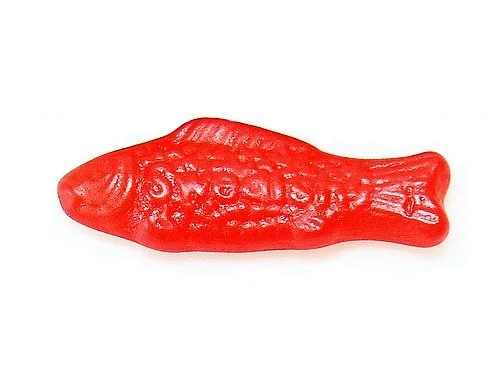I was on the bus to the ferry when I realized it: no phone. A shiver. No text from my sister wishing me a good day. No instant update on my three different email streams. No language lesson while sitting in my usual spot on the boat. No checking my bank account while the ferry unloaded. No calming tunes while I tried not to feel the bigness of the sky on my walk to the next bus, and then again on my walk to the office. No phone. I’d have to tough it out.
I boarded the ferry and sat down in my usual seat, the one facing the windows on the port side. The two big guys were there that are always there. They both sat looking down at their phones. I looked down at my morning hardboiled egg, and cracked it. No phone to look at, so I ate the egg while looking out the window at the water. The sun rose. The water sparkled. I drank my decaf. The light winked on the side of my blue mug as I took out my second egg.
One of the big guys with earphones suddenly erupted into talk:
“He is? He was? Ok, good. Now that the Ebola test proved negative, treat the malaria.”
Instantly back from water and sun, I wished for my headphones, for those soothing Russian voices, first male, then female.
“I understand."
"I don’t understand."
"Does he understand?"
"He doesn’t understand.”
"Do you understand?"
"You understand.”
I wished again to be out of my skin, out of that boat, paddling or running or taking to the air, anything to be out of the routine of bus-ferry-bus that after seven years is so exactly the same day after day, so exactly the same that I know every step I’ll take before I take it and every stair I’ll climb and every wait for every "walk" light.
There I was looking down at an egg rather than at a cell phone, so the Ebola guy engaged me in a nice conversation about infectious diseases and about the fact that so much goes under the media’s radar. Ordinarily this would not have been calming. But he was a big man, a comforting man, the kind that can get between you and monsters, and he sort of reminded me of a former friend of mine who was cozy if not sincere, and so we had a nice chat about malaria cases we had known, and when he was signaled by the earbuds and went off into talking about steel belted radials, I turned to the other big man and said, “I forgot my phone this morning.”
Well, next thing you know, we were off to the races, talking about what the ferry had been like before cell phones, and about how people had talked in those days, and didn't just herd forward like cattle with their heads down, jostling. They had real breakfasts made-to-order rather than just grabbing warmed-over breakfast sandwiches then, and have you thought about retirement finances and the problem with institutional plans? And here's my estimate of how many years I have left to work and now I hope to move my office to Poulsbo and stop this darned commute.
After thirty years, his knees didn't like the walk up the hill to 6th Avenue anymore. Thirty years! Thirty years of this same trip. Day in, day out, back and forth, the ferry had sewn a long stitch through his life. What would it be like to have spent the last thirty years with a plan for what you'd do in your last twenty?
Thirty years ago I was living on a fold-out sofa in a sixth floor apartment in the blown-out, as yet undiscovered westside of Manhattan. Thirty years ago I was in love with a jazz pianist, the kindest man I ever knew. Thirty years ago I walked home from work at night from the music company on 53rd and the street was never the same, and the darkness was never that dark because of all the lights and the cars and the movement, and the jewelry in the street vendors' stalls on Columbus shined and twinkled and I bought a pair of big aqua rhinestone earrings and put them on and thought myself to be at the center of everything.
Thirty years ago, I'd walk home from work and never feel defeated by sameness, I walked hopeful, with no idea of my own luck and happiness, no idea how good things were for me, preferring solitude, preferring words to Spanish love poems in my ears, preferring eros the bittersweet, thinking that better days were ahead, with no idea of losses to come, with no inkling that someday I would talk of ebola and retirement planning and be happy just to talk to someone, to not to have to be afraid that I did not have my cell phone and that I was not connected to the world. Thirty years ago I was a part of all that I met. It was all just eggs and blue mugs and sunrises and people.


